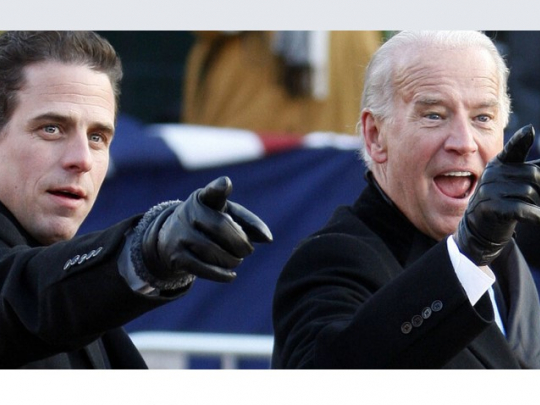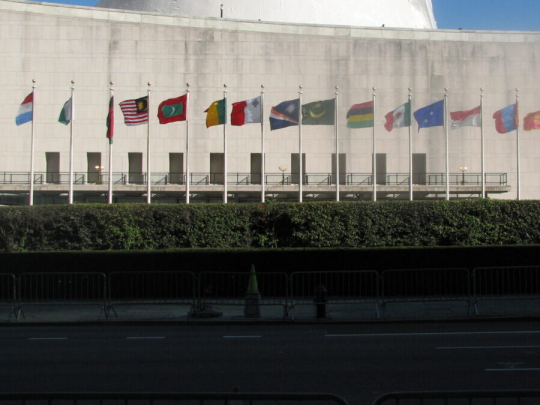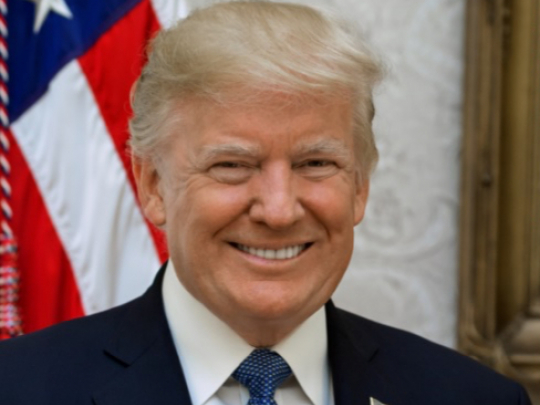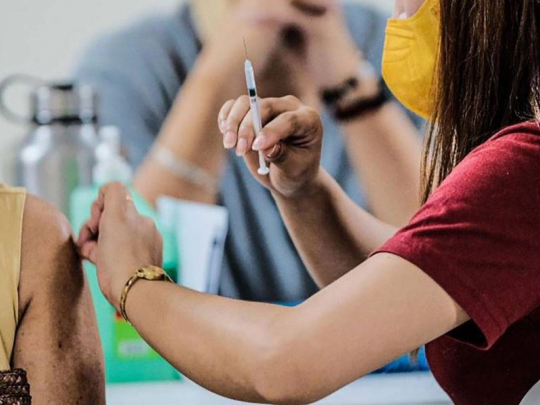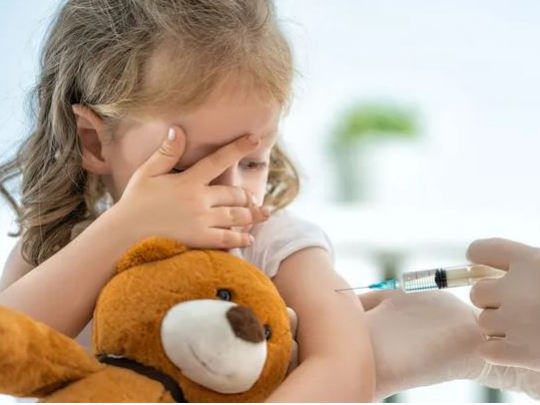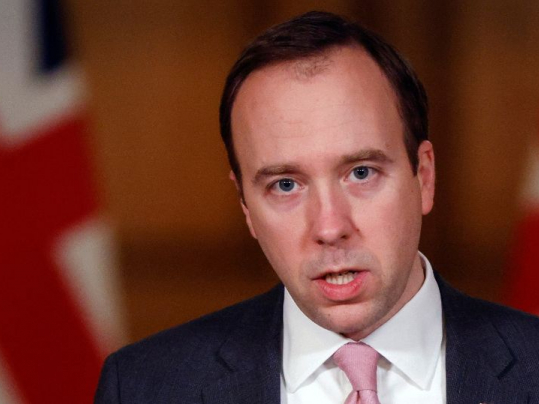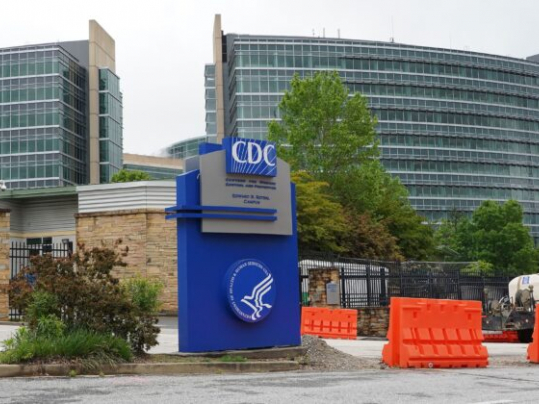Dr. Anthony Fauci appeared to be channeling the frustration of millions of Americans when he spoke those words during an invective-laden, made-for-Twitter Senate hearing on July 20. You didn’t have to be a Democrat to be fed up with all the xenophobic finger-pointing and outright disinformation, coming mainly from the right, up to and including the claim that COVID-19 was a bioweapon cooked up in a lab.
The immediate target of Dr. Fauci’s wrath was Senator Rand Paul, who was pressing the nation’s top doctor to say whether the National Institutes of Health had ever funded risky coronavirus research at the Wuhan Institute of Virology. Based on new information disclosed by the National Institutes of Health, however, Paul might have been onto something.
On Wednesday, the NIH sent a letter to members of the House Committee on Energy and Commerce that acknowledged two facts. One was that EcoHealth Alliance, a New York City–based nonprofit that partners with far-flung laboratories to research and prevent the outbreak of emerging diseases, did indeed enhance a bat coronavirus to become potentially more infectious to humans, which the NIH letter described as an “unexpected result” of the research it funded that was carried out in partnership with the Wuhan Institute of Virology. The second was that EcoHealth Alliance violated the terms of its grant conditions stipulating that it had to report if its research increased the viral growth of a pathogen by tenfold.
The NIH based these disclosures on a research progress report that EcoHealth Alliance sent to the agency in August, roughly two years after it was supposed to. An NIH spokesperson told Vanity Fair that Dr. Fauci was “entirely truthful in his statements to Congress,” and that he did not have the progress report that detailed the controversial research at the time he testified in July. But EcoHealth Alliance appeared to contradict that claim, and said in a statement: “These data were reported as soon as we were made aware, in our year four report in April 2018.”
The letter from the NIH, and an accompanying analysis, stipulated that the virus EcoHealth Alliance was researching could not have sparked the SARS-CoV-2 pandemic, given the sizable genetic differences between the two. In a statement issued Wednesday, NIH director Dr. Francis Collins said that his agency “wants to set the record straight” on EcoHealth Alliance’s research, but added that any claims that it could have caused the SARS-CoV-2 pandemic are “demonstrably false.”
EcoHealth Alliance said in a statement that the science clearly proved that its research could not have led to the pandemic, and that it was “working with the NIH to promptly address what we believe to be a misconception about the grant’s reporting requirements and what the data from our research showed.”
But the NIH letter—coming after months of congressional demands for more information—seemed to underscore that America’s premier science institute has been less than forthcoming about risky research it has funded and failed to properly monitor. Instead of helping to lead a search for COVID-19’s origins, with the pandemic now firmly in its 19th month, the NIH has circled the wagons, defending its grant system and scientific judgment against a rising tide of questions. “It’s just another chapter in a sad tale of inadequate oversight, disregard for risk, and insensitivity to the importance of transparency,” said Stanford microbiologist Dr. David Relman. “Given all of the sensitivity about this work, it’s difficult to understand why NIH and EcoHealth have still not explained a number of irregularities with the reporting on this grant.”





